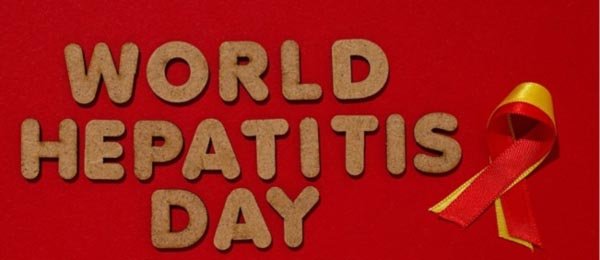New Delhi, July 28 (UNI) Just about three per cent of Hepatitis B Patients in India are aware about their ailment, and less than one per cent of them receive treatment, said Rajesh Bhushan, Former Secretary, Ministry of Health & Family Welfare, Government of India today.
“Only 3 pc of hepatitis B patients in India are aware of their condition, and less than 1% of eligible individuals are receiving antiviral treatment. These are not just statistics, they reflect a silent public health crisis that demands immediate, coordinated action,” said Bhushan while addressing the ‘Illness to Wellness’ Awareness Conference held in New Delhi on the occasion of World Hepatitis Day.
The Illness to Wellness Foundation organised the conference in New Delhi today, to mark World Hepatitis Day, centred around the theme “Prevention, Diagnosis, and Treatment for Hepatitis.” The event brought together medical experts, policymakers, and public health advocates to highlight the urgency of tackling India’s growing hepatitis burden through policy reform, improved access, and greater public awareness.
Bhushan underscored the need for bold, systemic efforts. He identified five urgent priorities to address the increasing hepatitis cases – expanded screening and surveillance, ensuring timely birth-dose vaccination, decentralisation of treatment access, driving community-level awareness, and using real-time data for action.
He also stressed the need for robust partnerships and said, “Strategic interventions must be driven not only by the government but also through collaboration with civil society, the private sector, public health professionals, and the medical community”.
During the session, health experts highlighted alarming global data that only 45 per cent of new-borns receive the hepatitis B vaccine within 24 hours of birth, which is a critical gap in prevention.
They also emphasised that WHO’s 2030 target to eliminate hepatitis, which calls for a 90% reduction in new infections and 80% treatment coverage, hinges on several key strategies: universal vaccination, timely diagnosis, people-centred care, and widespread public awareness to combat stigma.











